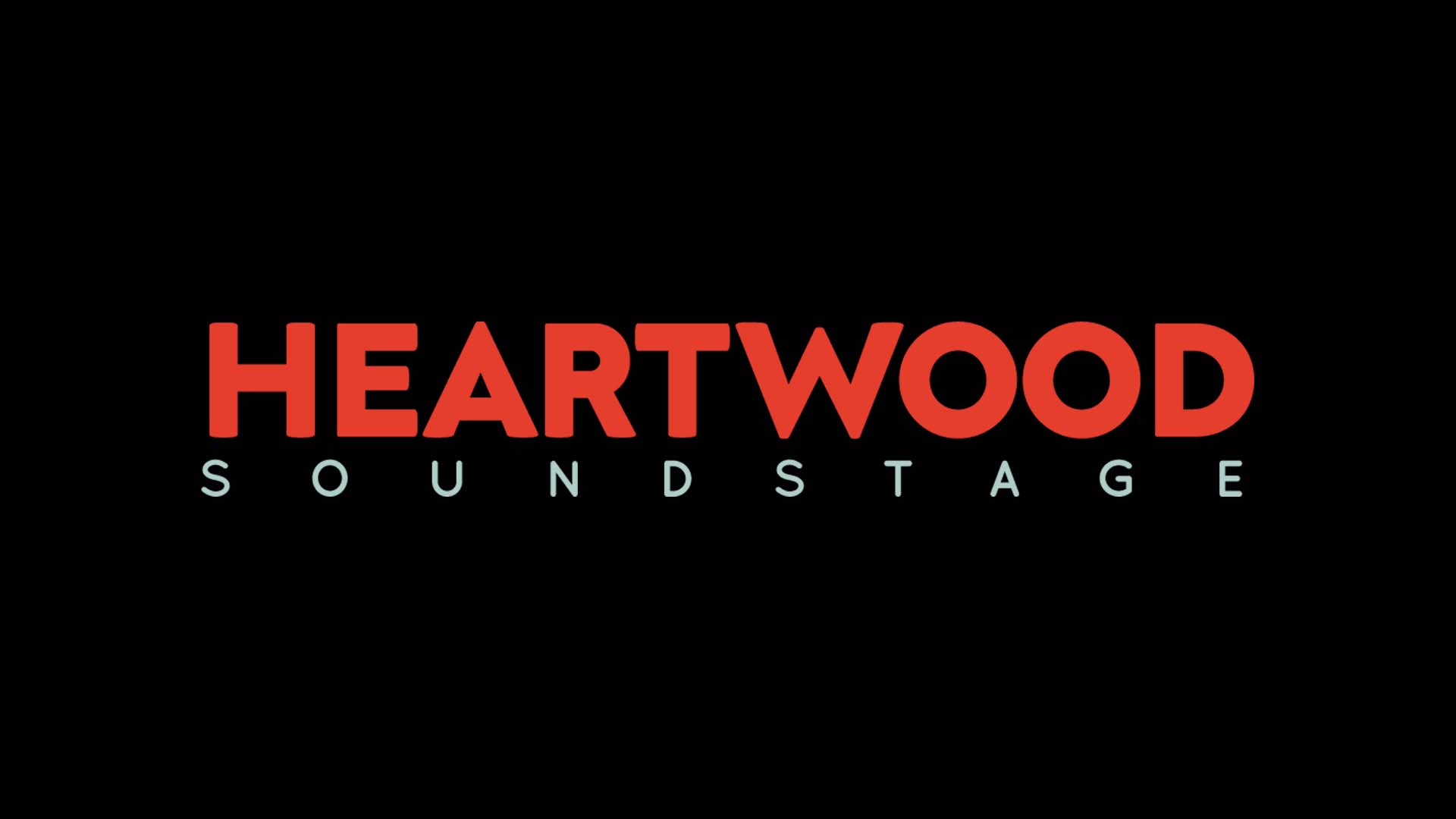Upcoming Events
|
Wed
23
APR
|
6:00pm
|
 |
Heartwood Soundstage
-
Gainesville
FL
Community Nights
|
|
Fri
25
APR
|
5:00pm
|
 |
Heartwood Soundstage
-
Gainesville
FL
Swamp Records X Indie Live Presents: Cirque Du Swamp
Trash Panda, Madwoman, The Nancys, Twin Suns, Buboy
|
|
Sat
26
APR
|
2:00pm
|
 |
Heartwood Soundstage
-
Gainesville
FL
Grateful Gainesville Spring Boogie
Grass Is Dead, Uncle Morty's Rhythm Cream, Mason Via, Headstash, Tamayo, Unwound
|
|
Tue
29
APR
|
7:00pm
|
 |
Heartwood Soundstage
-
Gainesville
FL
Etran de L'Aïr with Rich Ruth
Etran De L’aïr
|
|
Wed
30
APR
|
7:00pm
|
 |
Heartwood Soundstage
-
Gainesville
FL
NATE SMITH ft. Kiefer & Carrtoons with Levek
Nate Smith
|
|
Thu
1
MAY
|
6:00pm
|
 |
Heartwood Soundstage
-
Gainesville
FL
Rachel Grubb Album Release with Shiloh
Rachel Grubb, Shiloh
|
|
Sat
3
MAY
|
11:00am
|
 |
Heartwood Soundstage
-
Gainesville
FL
Gainesville Tango Weekend with Andrés Amarilla
|
|
Thu
8
MAY
|
6:00pm
|
 |
Heartwood Soundstage
-
Gainesville
FL
HuDost with (V)owls
Hudost, (v)owls
|
|
Tue
13
MAY
|
6:00pm
|
 |
Heartwood Soundstage
-
Gainesville
FL
Larry & Joe
|
|
Wed
14
MAY
|
6:00pm
|
 |
Heartwood Soundstage
-
Gainesville
FL
Michael Feinberg Trio with Dionysus
Michael Feinberg, Dionysus
|
|
Thu
15
MAY
|
6:00pm
|
 |
Heartwood Soundstage
-
Gainesville
FL
Melody Trucks & Fitzkee Brothers
|
|
Sun
18
MAY
|
2:00pm
|
 |
Heartwood Soundstage
-
Gainesville
FL
NCFBS Presents: Women in Blues Showcase
Janelle Frost, Elizabeth Hangan, Tina Jackson, Kiersi Joli, Beulah Mae, Melika Miller, Alex Richman, Sheba the Mississippi Queen, Marie Williams
|
|
Tue
20
MAY
|
6:00pm
|
 |
Heartwood Soundstage
-
Gainesville
FL
Kyran Daniel
|
|
Fri
23
MAY
|
6:00pm
|
 |
Heartwood Soundstage
-
Gainesville
FL
Wim Tapley & The Cannons with hallpass
Wim Tapley & the Cannons
|
|
Fri
30
MAY
|
7:00pm
|
 |
Heartwood Soundstage
-
Gainesville
FL
S.G. Goodman with Wax Wings
S.G. Goodman
|
|
Sat
31
MAY
|
7:00pm
|
 |
Heartwood Soundstage
-
Gainesville
FL
Mountain Grass Unit
|
|
Fri
13
JUN
|
6:00pm
|
 |
Heartwood Soundstage
-
Gainesville
FL
Certainly So
|
|
Sat
14
JUN
|
3:00pm
|
 |
Heartwood Soundstage
-
Gainesville
FL
Heartwood Music Fest IX
Sooza, Wax Wings, Uncle Mosie, Jordan Foley, Kyle Keller, Jordan Burchel, Kevin Pm, Kristen Warren, Haylin Watkins
|
|
Fri
27
JUN
|
6:00pm
|
 |
Heartwood Soundstage
-
Gainesville
FL
Drivin N Cryin w / special guest Laid Back Country Picker
Drivin N Cryin
|
|
Wed
16
JUL
|
6:00pm
|
 |
Heartwood Soundstage
-
Gainesville
FL
Susto Stringband 2025 Summer Tour
Susto Stringband
|
|
11/7
THRU
11/9
|
Noon
|
 |
Heartwood Soundstage
-
Gainesville
FL
Tom Petty Weekend 2025
Tom Petty Weekend
|





